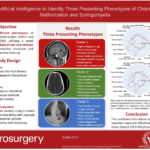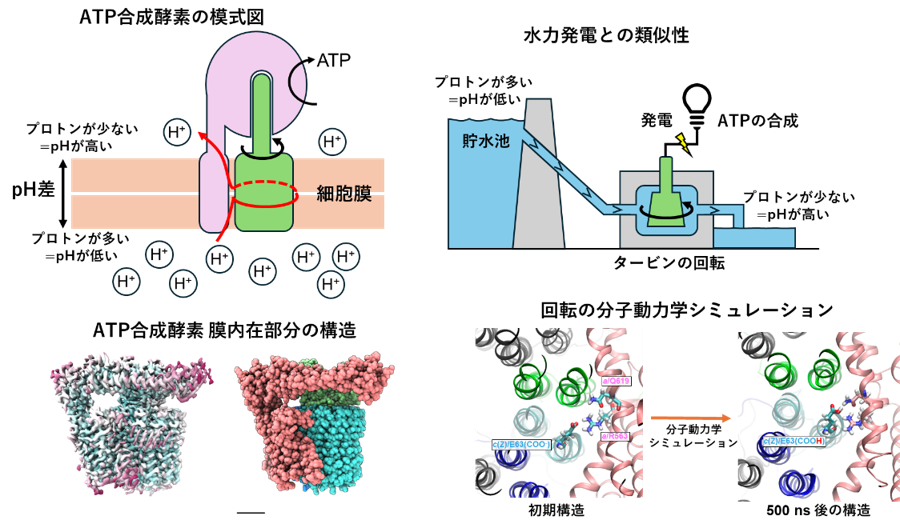2024-11-19 ペンシルベニア州立大学(PennState)
<関連情報>
- https://www.psu.edu/news/eberly-college-science/story/early-adult-binge-drinking-has-lasting-impact-aging-brain-mice
- https://www.sciencedirect.com/science/article/pii/S0197458024001726
マウスの老化脳において、アルコール摂取が前頭前皮質ニューロンの固有興奮性と自発的神経伝達シグナル伝達に持続的な影響を与える Alcohol consumption confers lasting impacts on prefrontal cortical neuron intrinsic excitability and spontaneous neurotransmitter signaling in the aging brain in mice
Grace C. Smith, Keith R. Griffith, Avery R. Sicher, Dakota F. Brockway, Elizabeth A. Proctor, Nicole A. Crowley
Neurobiology of Aging Available online: 15 October 2024
DOI:https://doi.org/10.1016/j.neurobiolaging.2024.09.014
Graphical Abstract

Highlights
- Moderate voluntary alcohol disrupts prefrontal cortical signaling at protracted ages in mice.
- Glutamatergic events onto GABA neurons are increased 6 months following alcohol exposure.
- Pyramidal and GABA neurons show altered intrinsic excitability 6 months after alcohol exposure.
Abstract
Both alcohol use disorder (AUD) and cognitive decline include disruption in the balance of excitation and inhibition in the cortex, but the potential role of alcohol use on excitation and inhibition on the aging brain is unclear. We examined the effect of moderate voluntary binge alcohol consumption on the aged, pre-disease neuronal environment by measuring intrinsic excitability and spontaneous neurotransmission on prefrontal cortical pyramidal (excitatory, glutamatergic) and non-pyramidal (inhibitory, GABAergic) neurons following a prolonged period of abstinence from alcohol in mice. Results highlight that binge alcohol consumption has lasting impacts on the electrophysiological properties of prefrontal cortical neurons. A profound increase in excitatory events onto layer 2/3 non-pyramidal neurons following alcohol consumption was seen, along with altered intrinsic excitability of pyramidal neurons, which could have a range of effects on cognitive disorder progression, such as Alzheimer’s Disease, in humans. These results indicate that moderate voluntary alcohol influences the pre-disease environment in aging and highlight the need for further mechanistic investigation into this risk factor.

